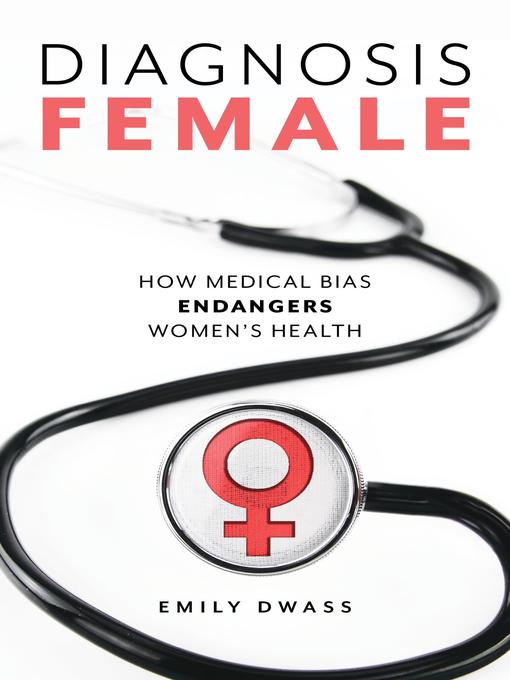
Diagnosis Female
How Medical Bias Endangers Women's Health
کتاب های مرتبط
- اطلاعات
- نقد و بررسی
- دیدگاه کاربران
نقد و بررسی

September 27, 2019
Prior to 1993, women were excluded from participating in medical research as case study subjects, just one piece of shocking information discovered in this work by food and health journalist Dwass. The author combines her experience of being diagnosed with a benign brain tumor after years of living with a misdiagnosis of Guillain-Barré syndrome with interviews with other women who have survived major health scares and dismissal of their symptoms by physicians. She notes several areas of specialty--neurology, obstetrics and gynecology, cardiology, and chronic diseases--to detail women's struggles, and how they navigate physician egos, gender and racial bias, and symptoms classified as anxiety or panic attacks. Advocating for more female doctors, particularly more African American female physicians (currently only two percent of U.S. doctors are black women), Dwass also emphasizes the salary gap in medicine, with women earning 26.5 percent less than men. The patient narratives throughout are compelling, but the book could have used more discussion about how women can negotiate better care. VERDICT A solid addition to the growing field of female patient advocacy narratives, such as Maya Dusenbery's Doing Harm: The Truth About How Bad Medicine and Lazy Science Leave Women Dismissed, Misdiagnosed, and Sick and Abby Norman's Ask Me About My Uterus: A Quest To Make Doctors Believe in Women's Pain.--Julie Elliott, Indiana Univ. Lib., South Bend
Copyright 2019 Library Journal, LLC Used with permission.

September 15, 2019
Women are not the weaker sex, they are the less studied sex, and as a result, their health suffers. Journalist Dwass reveals how medical research has long over-focused on men, leading to misdiagnosis, mistreatment, or no treatment for women. Even most brain studies have been conducted on male animals. Why? Often it's unconscious gender bias. What can women do to counter this aberration? A lot, according to Dwass. Don't suffer. Ignore it's all in your head comments. Get multiple opinions. Ask what tests are available. While focusing on cardiology, chronic diseases, gynecology, and neurology (she had a benign brain tumor), Dwass also touches on sexual harassment in the medical world, and offers inspiring portraits of female physicians who have cracked the glass ceiling and improved the field. One woman, for example, taught fellow doctors how to perform painless breast and pelvic exams. Some valuable parting tips for readers seeking diagnosis: Believe in yourself and what Dwass calls "the truth of your symptoms," and find healthcare providers who trust you and listen to you.(Reprinted with permission of Booklist, copyright 2019, American Library Association.)

























دیدگاه کاربران